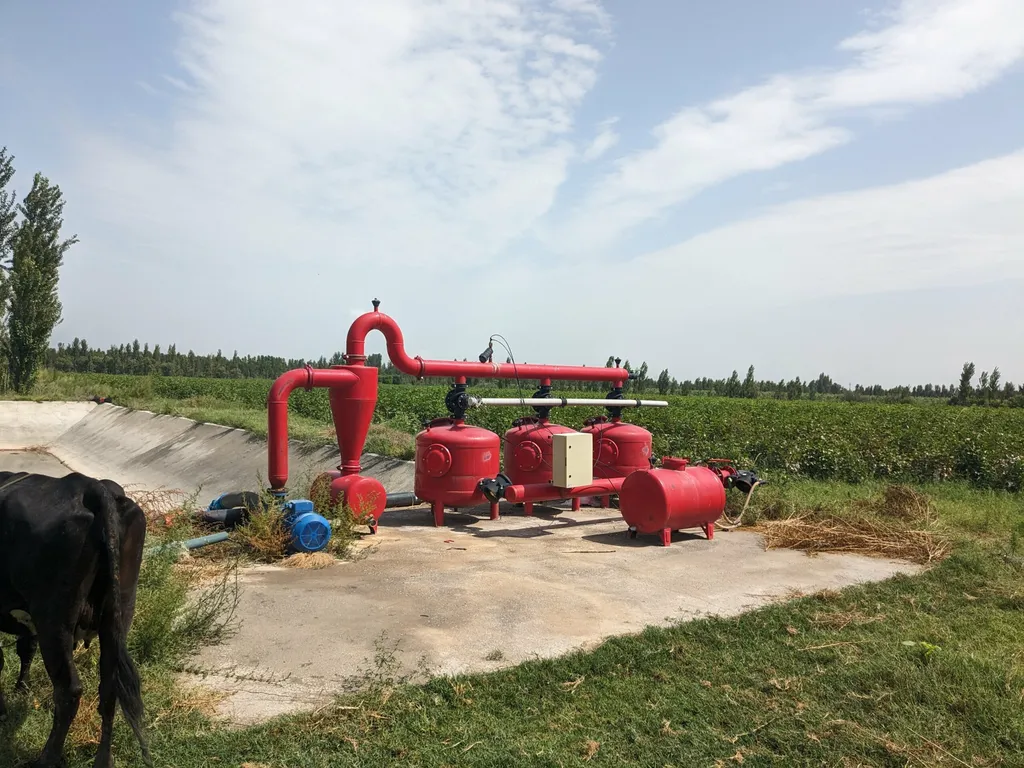In the sun-scorched fields of Uzbekistan’s Kashkadarya region, a delicate dance between water, energy, and food production is playing out, and the stakes couldn’t be higher. This is the stage for a groundbreaking study led by Asliddin Bobocholov, which delves into the intricate interdependencies of the water-energy-food (WEF) nexus in lift-irrigated agriculture. The research, published in the Central Asian Journal of Water Research, known in English as the Central Asian Journal of Water Research, offers a stark look at the challenges and opportunities facing this critical region.
Lift irrigation, a method where water is pumped from lower levels to higher elevations for agricultural use, is a lifeline for Uzbekistan’s farming communities. However, it’s a resource-intensive process that demands significant amounts of water and energy. Bobocholov’s study, which involved interviews with local farmers, scientists, and experts, paints a vivid picture of the region’s struggles. “The lack of trust, communication barriers, and differing priorities among stakeholders are major hurdles,” Bobocholov explains. These issues, coupled with insufficient political will, are hindering the kind of intersectoral cooperation needed to achieve sustainable development.
The commercial implications for the energy sector are substantial. Improved cooperation within the WEF nexus could lead to enhanced resource efficiency and reduced operational costs. For instance, optimizing water use could decrease the energy demands of lift irrigation, benefiting both the agricultural and energy sectors. Moreover, diversifying energy sources could bolster energy security, mitigating risks from environmental stressors like drought.
The study also highlights the potential for sustainable agriculture to reduce water dependency, a critical factor given the region’s vulnerability to climate change. As Bobocholov notes, “Raising awareness of the WEF nexus’s importance is crucial for achieving Uzbekistan’s Sustainable Development Goals (SDGs) by 2030.”
The research underscores the urgent need for stronger stakeholder cooperation and policy interventions. It calls for promoting sustainable agriculture practices, improving energy security, and fostering a more collaborative approach among water, energy, and food sectors. These steps could not only advance Uzbekistan’s SDGs but also serve as a model for other regions grappling with similar challenges.
As the world grapples with the realities of climate change and resource scarcity, studies like Bobocholov’s offer valuable insights into the complex interdependencies that shape our future. The path to sustainable development is fraught with challenges, but as this research shows, it’s a journey worth undertaking. The findings could shape future developments in the field, encouraging more integrated approaches to resource management and paving the way for innovative solutions that benefit both the environment and the economy.

